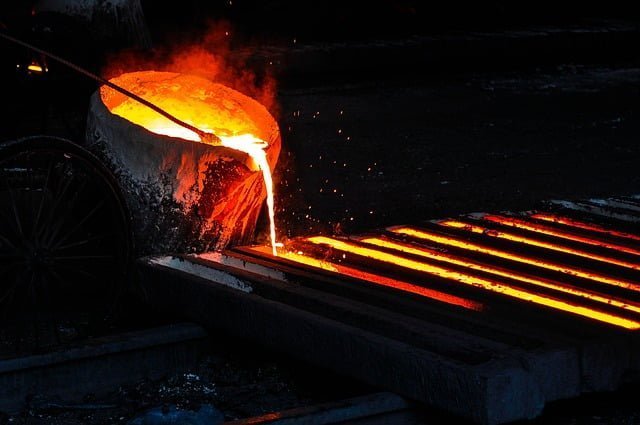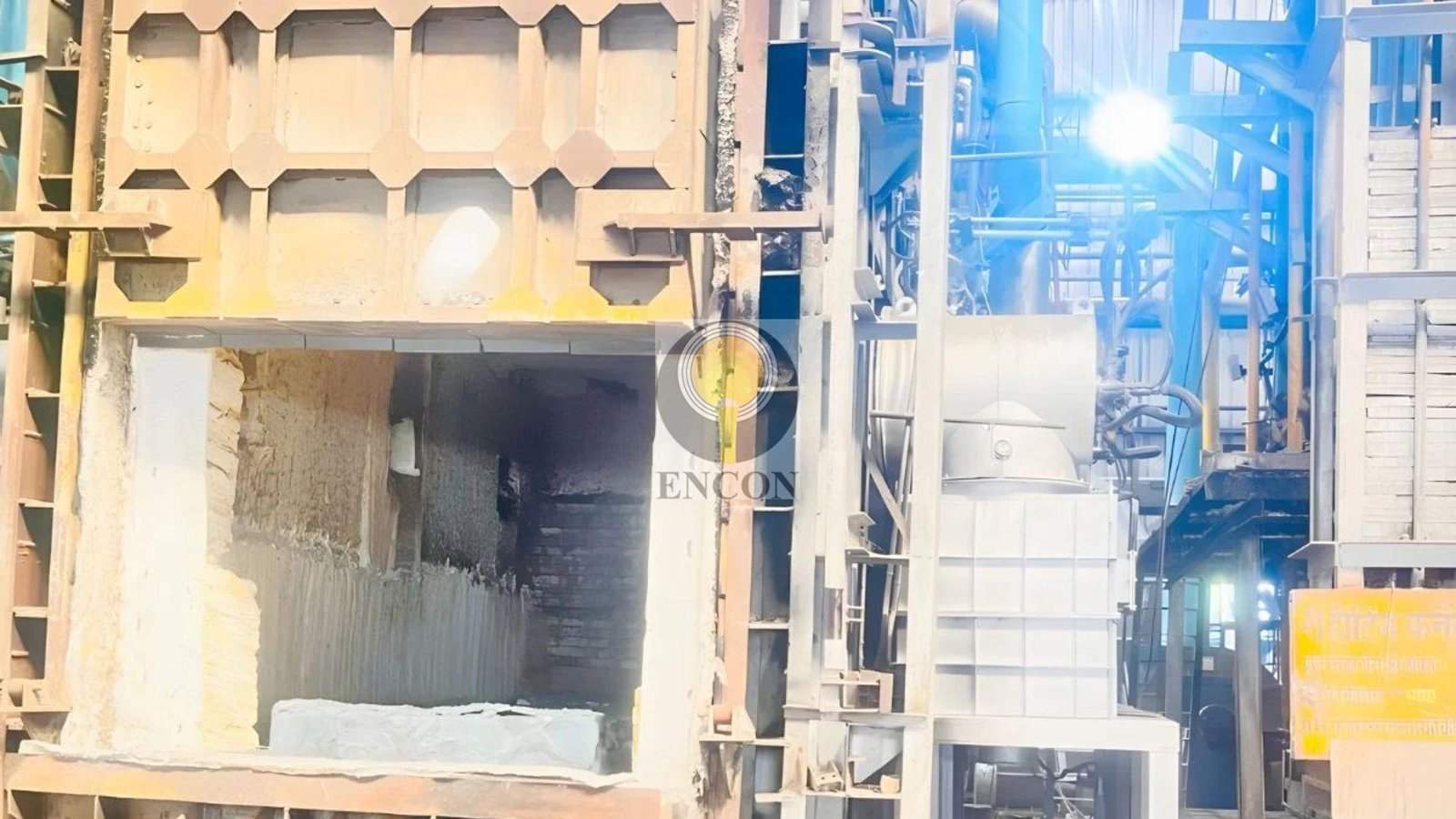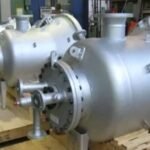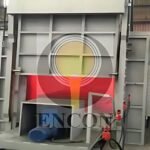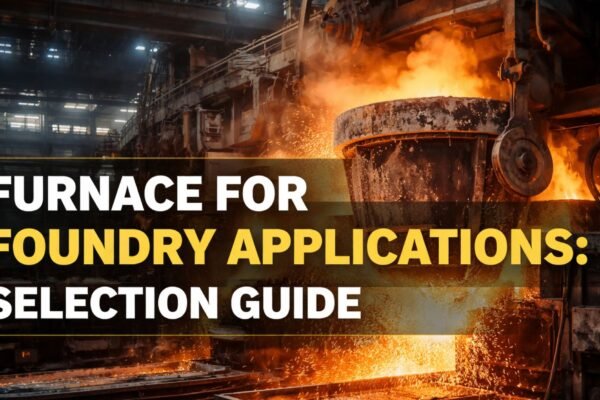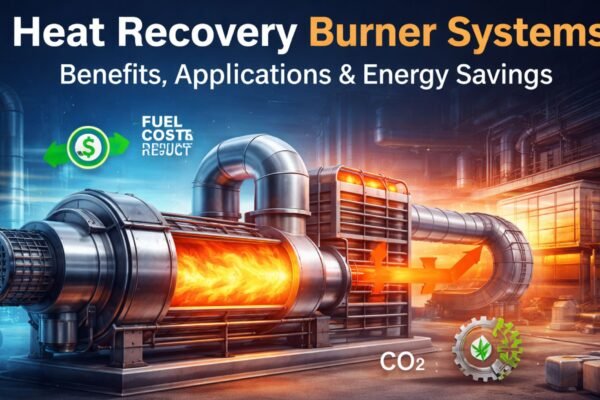In the world of metalworking, the quality of metal products depends significantly on the forging process and the equipment used. Among the essential tools, forging furnaces play a crucial role in shaping, strengthening, and refining metal products. These furnaces are vital for industries requiring high-strength metals, from automotive to aerospace, where durable and reliable metal components are a priority.
For companies involved in metal production or processing, understanding the value of a well-selected forging furnace can ensure the consistency, quality, and cost-effectiveness of metal products. In this guide, we’ll explore how forging furnaces work, the importance of selecting the right type, and how they contribute to superior metal quality.
Encon Thermal Engineers specializes in advanced forging furnaces, offering solutions designed to enhance metalworking processes.
How Forging Furnaces Contribute to High-Quality Metal Products
- Enhanced Metal Strength and Durability: Forging furnaces ensure that metals are heated evenly and thoroughly, which allows them to be shaped while maintaining internal cohesion. Unlike other methods, the forging process strengthens the grain structure of metals, making them more resistant to wear, fractures, and high-stress conditions. This is particularly important for industries that rely on heavy-duty components, such as transportation and construction, where the durability of metal products is non-negotiable.
- Precise Temperature Control for Optimal Quality: Forging furnaces are designed with advanced temperature control systems that enable precise regulation of heat. This accuracy is essential for producing metals that meet exact specifications, as different metals and alloys require specific temperature ranges to achieve desired hardness and flexibility. Controlled heating minimizes the risk of defects, such as warping or cracking, leading to a more uniform and consistent product.
By selecting forging furnaces with precise temperature capabilities, companies can better ensure their metal products’ quality, reducing the need for costly adjustments or replacements later in the process.
Types of Forging Furnaces and Their Impact on Product Quality
Understanding the different types of forging furnaces available is essential for selecting the right one for your needs. Each type offers unique benefits that impact the final product’s quality.
- Induction Forging Furnaces: Induction furnaces use electromagnetic induction to heat metals quickly and efficiently. This method offers precise control, which is advantageous for producing components that require exact temperature specifications. Induction furnaces are also energy-efficient and minimize oxidation, helping to retain the metal’s original properties. Due to their speed and accuracy, they’re often used for high-quality, high-volume metal production.
- Gas-Fired Forging Furnaces: Gas-fired furnaces are versatile and cost-effective, suitable for a wide range of forging processes. These furnaces use combustion gases to generate heat, making them ideal for large-scale metal production. While they offer slightly less precision than induction furnaces, advancements in gas-fired furnace technology have significantly improved temperature control, reducing inconsistencies in metal quality.
- Electric Arc Furnaces: Electric arc furnaces are popular in steel production, using electric arcs to heat metals to high temperatures. They provide consistent heat distribution, which is essential for large metal components requiring a uniform structure. These furnaces are particularly suited for producing durable and strong metal products, though they are more energy-intensive than other options.
By choosing the right type of forging furnace, companies can optimize their production processes, ensuring that each product meets quality and durability standards. This metalworking furnace guide highlights that understanding furnace types can lead to better product outcomes, which is critical for competitive manufacturing.
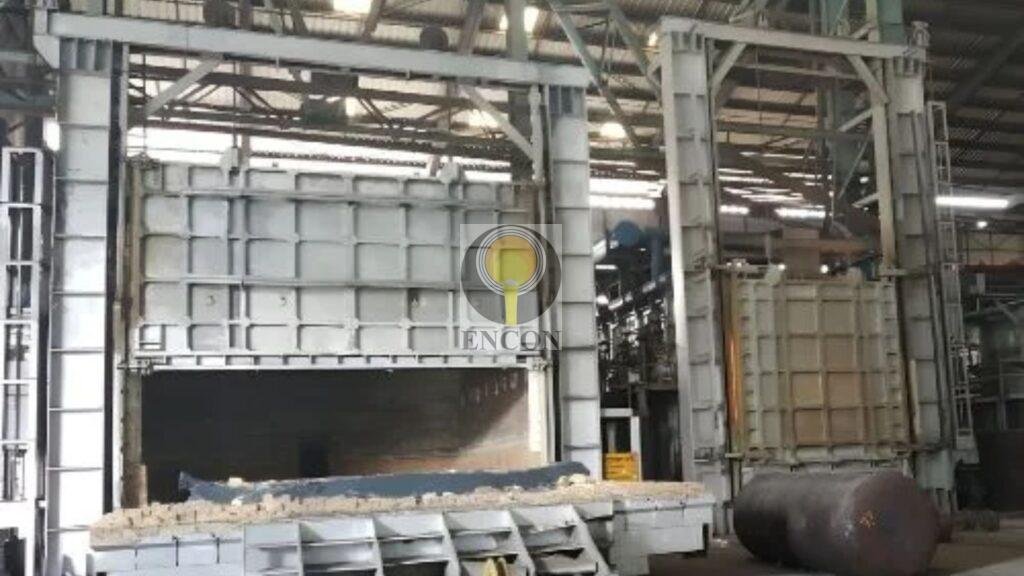

The Benefits of Selecting the Right Forging Furnace
Selecting forging furnaces that align with specific production needs can lead to numerous benefits. These advantages include not only the quality and consistency of metal products but also improved operational efficiency and cost-effectiveness.
- Reduced Energy Consumption and Lower Operating Costs: Forging furnaces with efficient heating mechanisms, such as induction furnaces, consume less energy than traditional methods. This efficiency lowers operational costs, which is particularly beneficial for large-scale production facilities. Lower energy consumption also contributes to sustainability efforts, a priority for many industries aiming to reduce their environmental impact.
- Consistent Product Quality and Reduced Defects: The right forging furnace helps minimize defects by providing stable, uniform heating. Metals that are consistently heated are less prone to irregularities like uneven grain structures, cracks, and fractures, ensuring that the final product is of superior quality. Consistency in product quality is essential for customer satisfaction and maintaining industry standards.
- Improved Production Speeds and Output: Efficient forging furnaces allow for faster production without sacrificing quality. By achieving the desired temperatures more quickly and maintaining them consistently, these furnaces enable higher production speeds, meeting demand without compromising on the excellence of the final product.
Tips for Selecting the Right Forging Furnace
When selecting a forging furnace, there are a few critical considerations to ensure optimal performance:
- Material Requirements: Consider the type of metal or alloy you’re working with, as each may have specific heating requirements.
- Energy Efficiency: Choose a furnace that aligns with your energy consumption goals to reduce operating costs.
- Production Volume: For high-volume needs, prioritize furnaces that offer rapid heating and efficient throughput.
- Maintenance Needs: Look for furnaces that are easy to maintain, as this can reduce downtime and improve overall efficiency.
Companies that carefully evaluate these factors can better align their choice of furnace with their production and quality goals, ultimately ensuring a reliable metalworking furnace guide for future projects.
Conclusion
Forging furnaces are central to producing high-quality metal products, influencing every aspect from strength and durability to efficiency and consistency. By carefully selecting forging furnaces tailored to specific production needs, companies can ensure that their metal products meet the highest standards. Whether you need induction, gas-fired, or electric arc furnaces, the right choice will lead to improved product outcomes, greater operational efficiency, and lower costs over time.
For a comprehensive look at forging furnace options, check out our guide to the best forging furnace manufacturers and explore the latest in high-quality, efficient forging technology.
